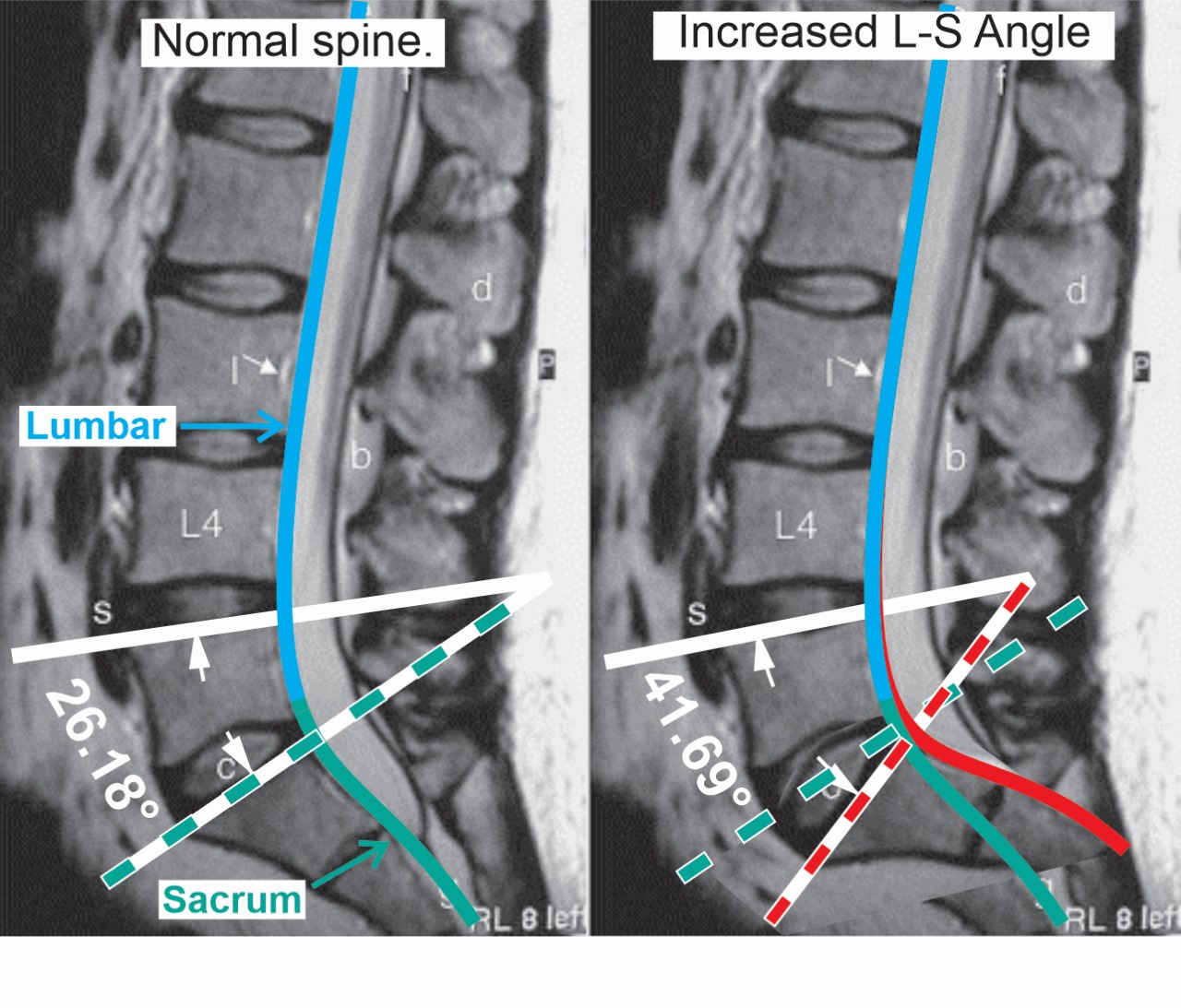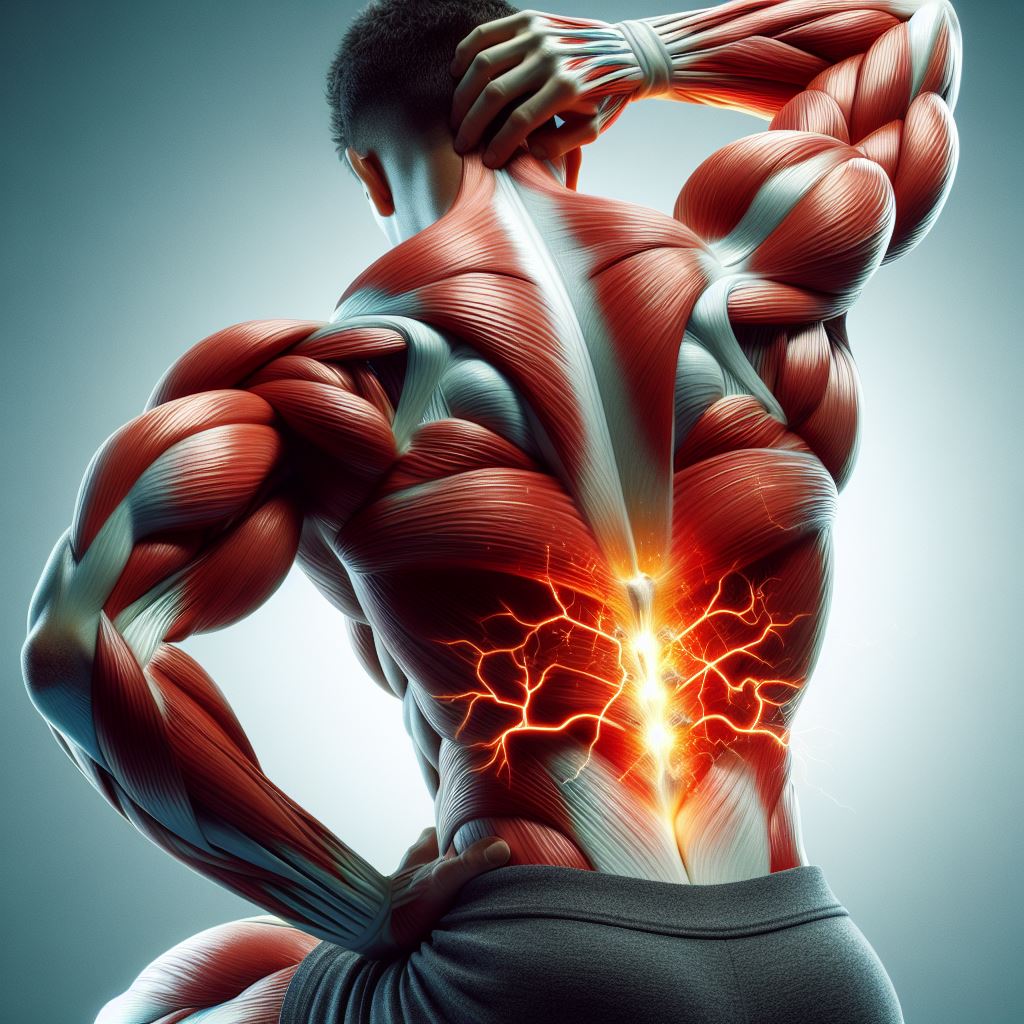keep your eye on these 3 Doors to stay fit: Ahar Vihar Vichar (Food, Activities, Thoughts)

Ahar Vihar Vichar
Our lives today are often characterised by stress, chaos, and imbalanced routines. Finding balance and harmony seems like an elusive goal. However, the ancient wisdom of Ahar Vihar Vichar provides a roadmap to achieve just that. Integration of these three key principles –Ahar (food), Vihar (lifestyle), and Vichar (thoughts)– help cultivate an overall feeling of fulfilment and well-being in us.
At the Medical Yoga Centre, we often look into anomalies, in patients’ complaints, in these 3 areas. In almost all cases (exceptions being in cases of genetically-inclined diseases), we find them slacking in one or more of these tenets – either in their food intake, or in their activities, or in stressful thoughts they may be having.
The Essence of Ahar: Ahar refers to the food we consume, to nourish our bodies. The focus is on consuming wholesome, nutritious, and balanced meals. It encourages mindful eating, savouring each bite, and being aware of the connection between our food choices and our overall well-being. Apart from being fuel for the body, food is a source of nourishment and vitality.
Ayurvedic food types:
-
Sattvik foods are pure, wholesome, and nourishing, promoting a sense of peace, clarity, and well-being. These include fruit, vegetables, whole grains, nuts, seeds, and milk.
-
Rajasic foods are stimulating and exciting. They can lead to restlessness, anxiety, and agitation. Rajasic foods include meat, eggs, spicy foods, alcohol, and caffeine.
-
Tamasic foods are heavy, dull, and depleting. They can lead to fatigue, sluggishness, and inertia. Tamasic foods include processed foods, junk food, leftovers, and stale food.
The Importance of Vihar: Vihar encompasses our lifestyle choices – activities, exercise, sleep patterns, and daily routines. Regular physical activities, like yoga, help maintain physical fitness and flexibility while reducing stress and promoting mental well-being. This encourages adequate rest and sleep. These are all crucial for the body's rejuvenation and restoration. Meditation, and breathing, are also primordial. A well-structured daily routine, aligned with natural circadian rhythms, fosters a sense of stability and supports overall health and vitality.
The Power of Vichar: Vichar refers to our thoughts, beliefs, and mental disposition. Our thoughts have a profound influence on our overall well-being. Positive and constructive thinking patterns promote emotional resilience, mental clarity, and a sense of inner peace. Practising mindfulness and cultivating gratitude, compassion, and self-reflection help in nurturing a positive mindset. Yoga encourages us to observe our thoughts, recognize any negative patterns, and consciously choose thoughts that uplift and empower us.
Ahar, Vihar and Vichar emphasise the need for a balanced and harmonious lifestyle. Here are some tips:
Ahar
-
Eat a balanced diet that includes plenty of fruit, vegetables, and whole grains.
-
Avoid processed foods, sugary drinks, and excessive amounts of meat.
-
Eat mindfully and savour your food.
Vihar
-
Spend time in nature.
-
Get regular exercise and enough sleep.
-
Create a peaceful and relaxing environment in your home.
-
Practice yoga or meditation.
Vichar
-
Think positive thoughts.
-
Be grateful for what you have.
-
Forgive others and yourself.
Below are some examples of how the above pillars can also help different categories of ailments.
Inflammatory ailments: We often see inflammation in cases of auto-immune conditions like Rheumatoid Arthritis, Ulcerative colitis, Fatty Liver Disease, Irritable Bowel Syndrome, etc. In such cases, Ahar is directly tied to the very things that ease or worsen inflammation, consequently, easing or worsening the symptoms. At MYC, in many such cases of chronic inflammation we have seen that their healing is far more superior with an appropriately modified diet.
Musculoskeletal issues: These cases call for an emphasis on Vihar. Handling musculoskeletal cases or degeneration issues is our forte at the Medical Yoga Centre. While Ahar and Vichar help in generic wellness for the population at large, specific changes in the patient’s physical activities –adding relevant yoga postures and exercises to their routine– bring immediate results. Vyayama (exercise) has been defined as appropriate amounts of body activities that are suitable as per requirement of a person and provide strength and stability to the body. Exercise increases muscle strength, endurance, joint flexibility as well as mobility; and, according to researchers, it helps reduce pain and disability in persons suffering from musculoskeletal problems.
Mental Health Disorders: A mental disorder is characterised by a clinically significant disturbance in an individual’s cognition, emotional regulation, or behaviour. It is usually associated with distress or impairment in important areas of functioning. While Ahar and Vihar do help regulate their behavioural patterns, it is Vichar that plays a key role – regulating positive and nutrimental thoughts.
Conditions which require attention to more than one pillar: There are ailments in which combinations and permutations, in varying degrees, of these 3 key aspects work well. Let’s discuss a few examples below to bring clarity on this.
Long-term chronic conditions: Fibromyalgia, Multiple Sclerosis, Myasthenia Gravis, etc, are classic cases of long-term chronic ailments. They were formerly classified as inflammatory musculoskeletal diseases but are now considered to be illnesses that primarily affect the central nervous system. There may not be complete cures for such conditions, but doctors and alternative healthcare providers can help manage and treat the symptoms through dietary changes, movement therapies, psychological and behavioural therapy, and medications.
Concluding thoughts
Given this understanding, in the future when we see someone suffering fromß any adverse health condition, we can say with authority that any positive change in either or all of these three factors can certainly bring about relief to some extent. We urge all readers of this article to use this knowledge responsibly.
"It is knowledge alone that will save us in every department of life -- in knowledge is worship. The more we know the better for us."
SWAMI VIVEKANANDA
REFERENCES
https://www.arcjournals.org/pdfs/ijmpnp/v2-i1/1.pdf
https://stories.uq.edu.au/imb/the-edge/inflammation/common-inflammatory-diseases/index.html
https://www.niams.nih.gov/health-topics/fibromyalgia#:~:text=Fibromyalgia%20is%20a%20chronic%20
https://www.ncbi.nlm.nih.gov/pmc/articles/PMC2292439/
https://www.who.int/news-room/fact-sheets/detail/mental-disorders
Written by: Versha Sutrave

.jpeg)

